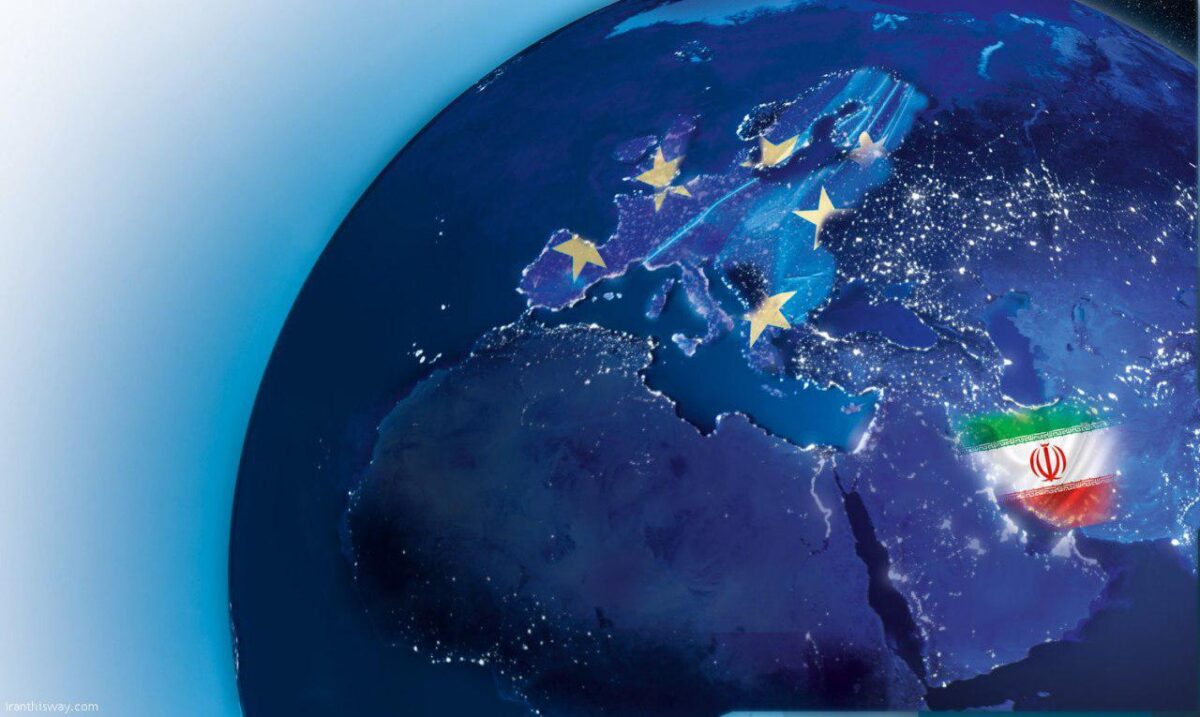Fouad Izadi, an expert on international relations has, in an interview with the Persian-language Mehr News Agency, weighed in on Europe’s policy vis-à-vis the nuclear deal between Iran and six world powers known as the Joint Comprehensive Plan of Action (JCPOA).
In his interview, Izadi said it would not be difficult to find out what measure Europeans will adopt toward the JCPOA as one can analyse their behaviour and actions so far and predict their future course of action.
He said some European officials such as High Representative of the European Union for Foreign Affairs and Security Policy Federica Mogherini make some comments in support of the JCPOA, which is natural as the nuclear deal is a good agreement for the Europeans and Americans. However, he added, the Europeans have not practically stood up to Washington and not drawn a line between their approach and that of the White House, and they do not seem to have any intention of doing so.
The analyst noted that Europe and America are competing with one another over steel trade, and that the Europeans use a different tone and language in dealing with the US when it comes to trade.
“The Europeans threaten the US with a trade war very seriously and harshly. This means the Europeans are working firmly and seriously in domains where they have concerns, but they have not adopted such an approach and not used such a language when it comes to the JCPOA,” said Izadi.
“If the Europeans want to act more seriously vis-à-vis the JCPOA, they should act [with] the same [seriousness] that they used to keep passing anti-Iran laws, and now they should adopt laws at the European Union that would support the European companies cooperating with Iran,” he added.
Under the World Trade Organization rules, he said, Europe can sue Washington. He said the reason is that the US passes laws inside the country and makes others obey them, a trend which is against international regulations and the principle of international independence. He said no country can contravene the sovereignty of other countries and force them to abide by its domestic laws.
Recently, said the analyst, the CIA chief was asked about the agency’s strategy toward Iran.
“He (the CIA chief) said the US must keep putting economic pressure on Iran and that Washington has told different European officials about it,” Izadi noted.
The commentator reiterated that such an approach would amount to a violation of the JCPOA as no signatory to the agreement must disrupt the implementation of the nuclear deal.
Izadi said the CIA has also warned European companies against cooperating with the Islamic Revolution Guards Corps (IRGC).
“So, as you can see, the US has adopted measures and exerted pressure [on European firms] on a large scale, and if Europe really wants to take some practical action regarding the JCPOA, it should reject Washington’s demands.
He said France, which enjoys various economic benefits in Iran with the implementation of the JCPOA, has aligned itself with the US regarding the nuclear deal.
“France has used despicable language and adopted certain measures regarding Iran’s spheres of powers such as the missile domain, and this should be a lesson to all of us,”
Izadi underlined that some people in Iran believed if Tehran signed agreements with European countries, they would change their approach, “but, at least, this has not happened as far as France is concerned.”
“This does not mean that we do not want to work with Europeans or that we want to sever our diplomatic relations with them because their actions are no good reason for us to scale down our cooperation with them. But we cannot hope that they will take practical action and stand up to the US when it comes to the JCPOA. They won’t do that,” he said.
He said Iran should maintain its diplomatic relations with the Europeans and continue its activities in the public diplomacy domain to influence them.
“We should continue and expand our cooperation with small European companies, but we should have no expectation of European governments,” he noted.
He said Iran cannot pin its hopes on European governments. Izadi noted Iran needs to do more in the diplomacy arena and take more serious action in order to better advance national interests.
